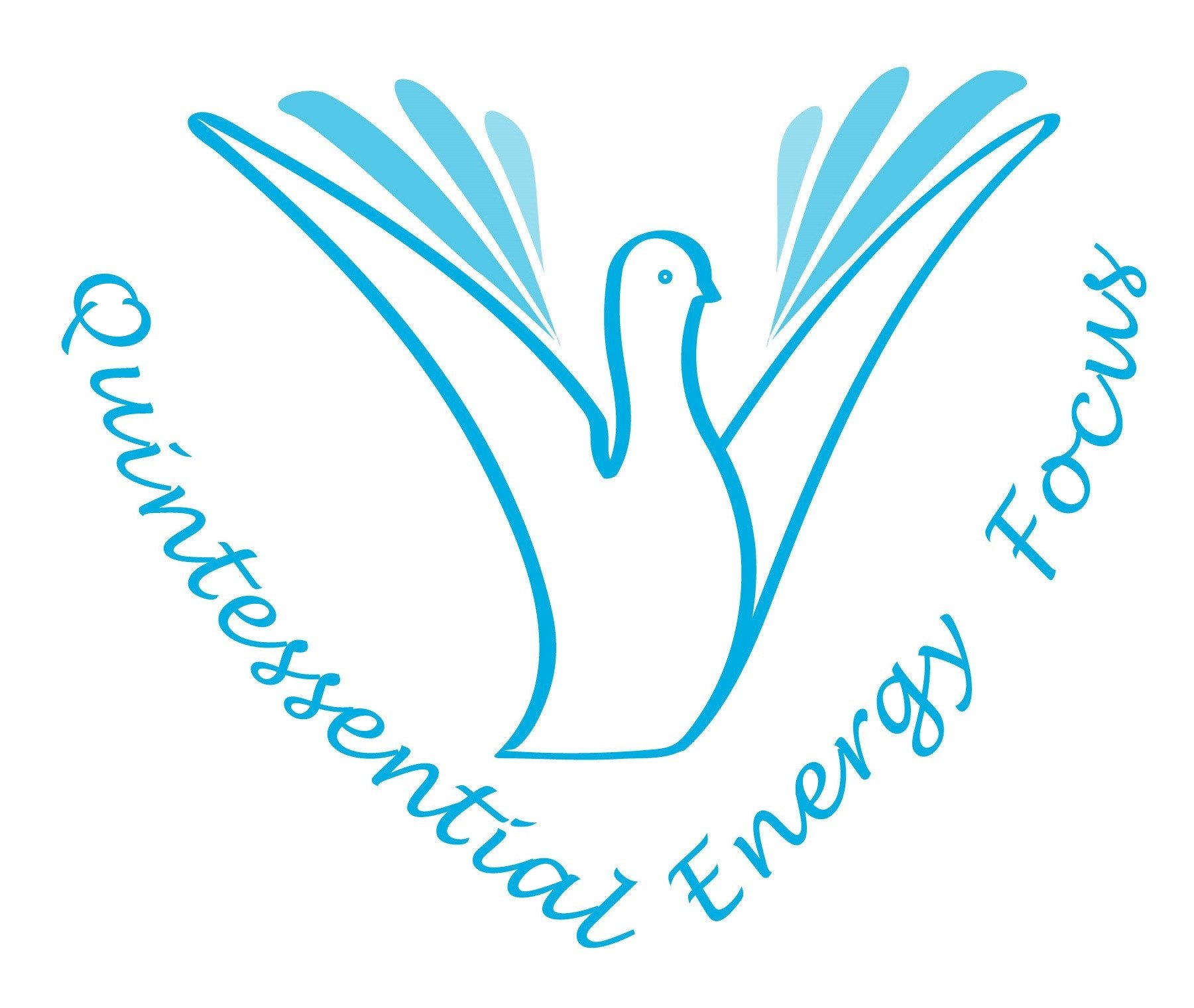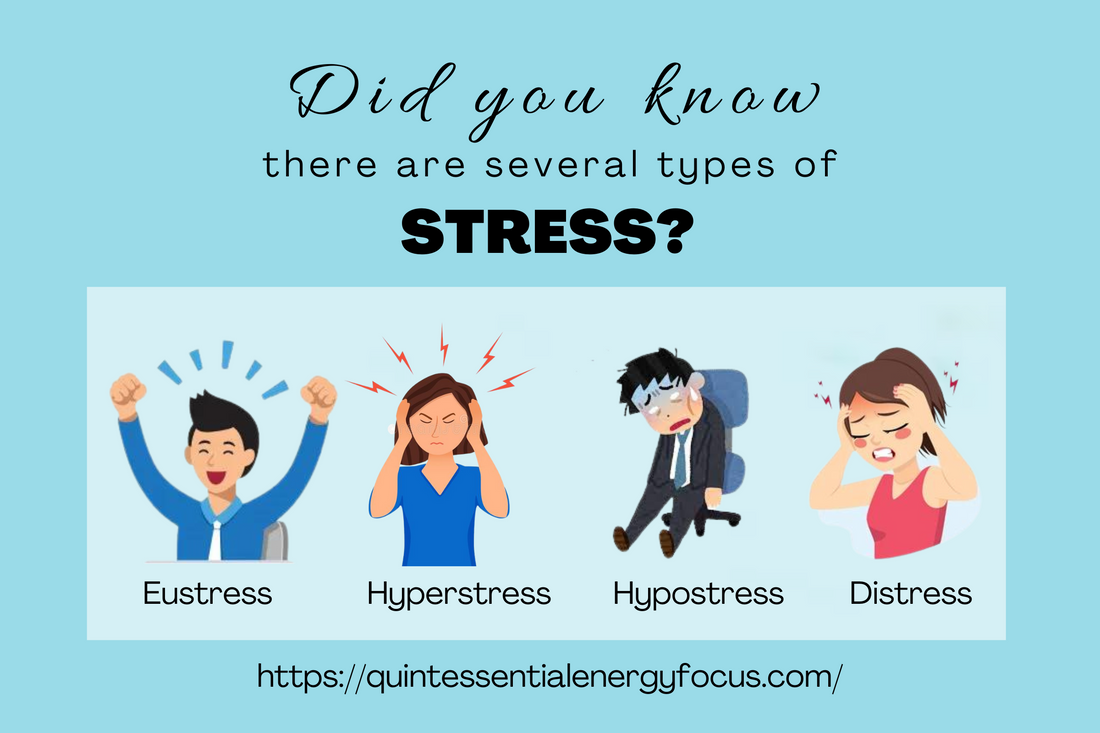A few years back, I thought stress is stress. What difference does it make there are actually categories of stress?Well, as it turns out, they vary according to frequency, severity, and symptoms. Let's take a look at them.
-Eustress
This may be a new term to some. Eustress refers to "good" stress, or the kind of stress that actually enhances health and performance. This is the kind of stress you feel when you see your child about to topple down a flight of stairs, and it kicks your body systems into gear so that you can act quickly and efficiently to catch your child. Other ways that eustress manifests are in creative and athletic efforts. An artist who is driven by eustress becomes inspired and full of energy. An athlete gains excited energy and his or her body performs to its highest potential. Eustress is brief, intense, and does not wear the body out.
-Hyperstress
The prefix "hyper" denotes too much of something, or an excess of some sort - hyperactivity, hyperthyroidism, etc. Hyperstress is no exception. It refers to relentless stress that forces you to perform optimally and continually. It's like being asked to give your all every minute of every day, and sometimes through the night as well. Hyperstress is not healthy, and can cause burn-out.
Hyperstressed people often feel tense and edgy. You may find that your emotions are always just below the surface and are easily provoked.
-Hypostress
The opposite of the "hyper" prefix, "hypo" denotes a lack, as in hypoglycemia (low blood sugar). If you are hypostressed, you don't have enough stimuli. You're bored and do not have much motivation. This does not mean you're not doing anything; you just are not doing anything that interests or motivates you. For example, if you have a job that involves repetitive, mechanical action, such as on an assembly line, you may experience hypostress. Hypostress can make you feel restless, discontent, or apathetic.
-Distress
Distress is caused by a traumatic event or events, or some sort of negative environmental factor. It is sometimes used synonymously with anxiety. Distress itself is divided into two types: acute and chronic distress.
*Acute distress results from a perceived threat. It may be real, such as being physically attacked, or it may be purely psychological. Either way, the result is distress. It's your response to being threatened. Acute distress can also be a reaction to a change or upheaval in your life. It is always temporary.
*Chronic distress is more on-going. It can result in illness and depression. It may still be caused by perceived threats or difficulties in the environment, but they are continual or frequent. Chronic distress can result if you are yelled at by your boss every day, for example, or if you are in a problematic marriage. Where acute distress is like a hammer blow, chronic distress is like a slow wearing down with sandpaper.
What many people don’t realize is that intense bad stress turns into physical pains such as migraine, headaches, back & hip pain, stiff shoulders, tense neck, etc.
Except for Eustress which doesn’t need any further action, I can help you release the emotional edge of all other stresses. BREAK FREE FROM THE STRESS that wears you down and that holds you back. Take back the happiness and joy that you deserve once you get rid of the bad stresses. Invest in yourself, and make one small step forward -connect with me now.
Energy Psychology is a holistic, effective and empowering modality that equips you with a tool that can be used anywhere anytime at your discretion. You have nothing to lose, the consultation is free. Furthermore, if we continue to work together past the consultation meeting, and if you have employee benefits at work, my fees can be claimed through flex credits. You truly have nothing to lose but the stress itself.
Click here and book a complimentary consultation now.

